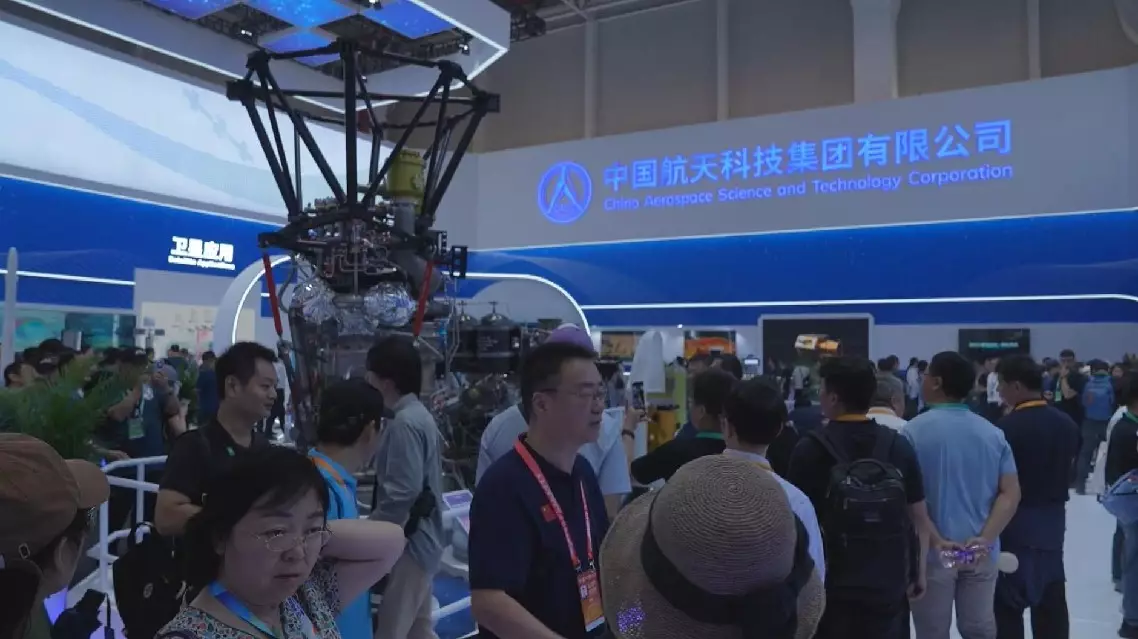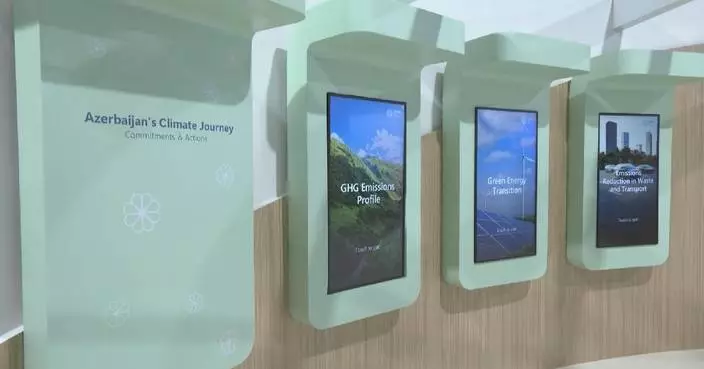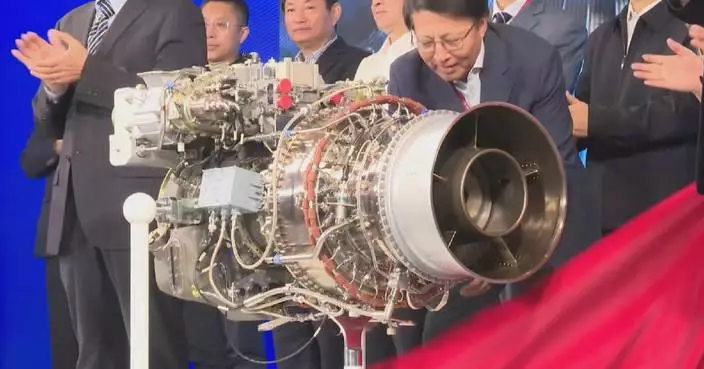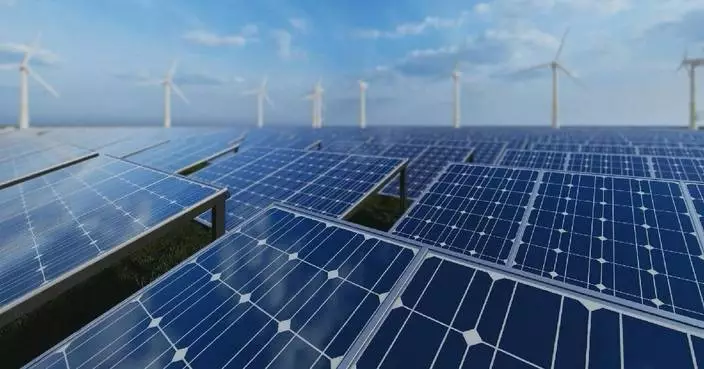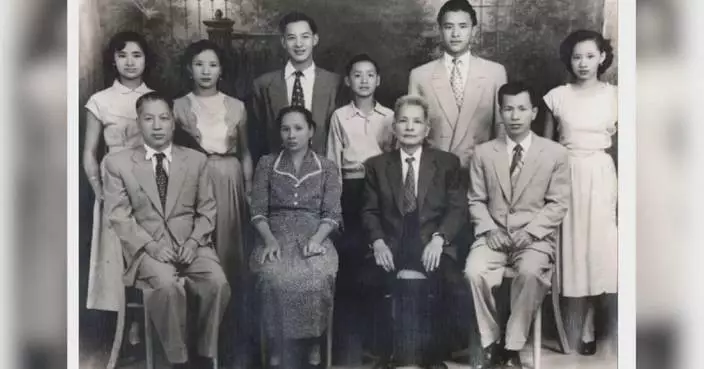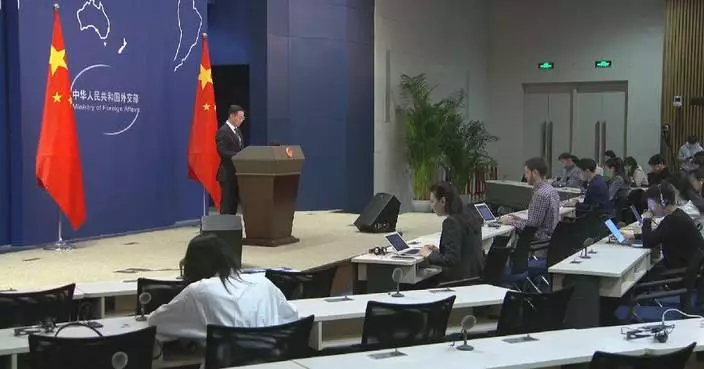Rebecca Fatima Sta Maria, the executive director of the APEC Secretariat, emphasized the importance of global cooperation, especially cooperation between the two major economies of China and the United States, saying that dialogue and mutual trust remain crucial, despite geopolitical frictions.
Sta Maria shared her insights with China Global Television Network (CGTN) ahead of the 2024 APEC Conference, which is going on in Peru's capital city Lima from Nov 10 to Nov 16.
"There is no avoiding those realities, that's a reality. But what is important – and I have mentioned this earlier – it's the ability to convene, to bring folks together. The opportunity, how often can you get an opportunity for the officials from both the U.S., China, even Russia, in the same room across the year? If you look at how we've done it, and that's what makes it important, because you build relationships. With relationship, you build relationship, you build trust. Yes, you have disagreements, but at the end of the day, we have this pull aside, this informal discussions to see how we can, in spite of all that noise, in spite of all the tensions, still have something important for our people," said Sta Maria.
She warned of the potential risks of tariff wars, saying that tariff wars will affect average consumers and add production costs.
"For example, if you look at tariff wars in the 1930s, that caused a massive depression, right? the Great Depression. So tit for tat doesn't work, one. Two, tariffs, you have to realize that tariffs are not just you can use it to weaponize, but you have to look at the final impact of your tariffs. Who loses? It's your average consumer who loses, because it adds to the cost of your product, final product, or it adds to the cost of your inputs, right? And it will pass through," said Sta Maria.
She also stressed the importance of resilient supply chains and the need to focus on the benefits of economic cooperation.
"When we look at supply chains, we see how we can benefit from very resilient supply chains. Yes, there's a lot of conversations going on, a lot of criticism saying you want to onshore, friend-shore, but at the end of the day, we must have our focus on what's the benefit. Would a longer, more divergence provide more results for the economy?" Sta Maria said.
Reflecting on the Putrajaya Vision, which includes three key economic drivers: investment, digitalization and innovation, and sustainable and inclusive growth, Sta Maria said that these principles align with the aspirations of global leaders, and it is up to policymakers to turn these aspirations into actionable policies.
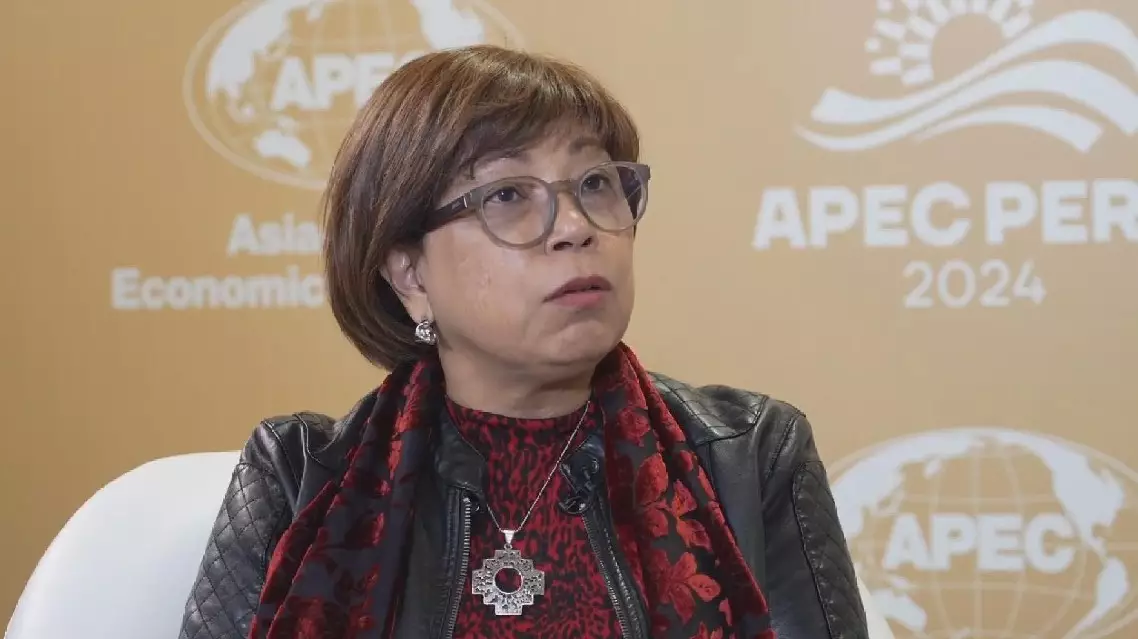
APEC executive director stresses global cooperation amid geopolitical tensions


